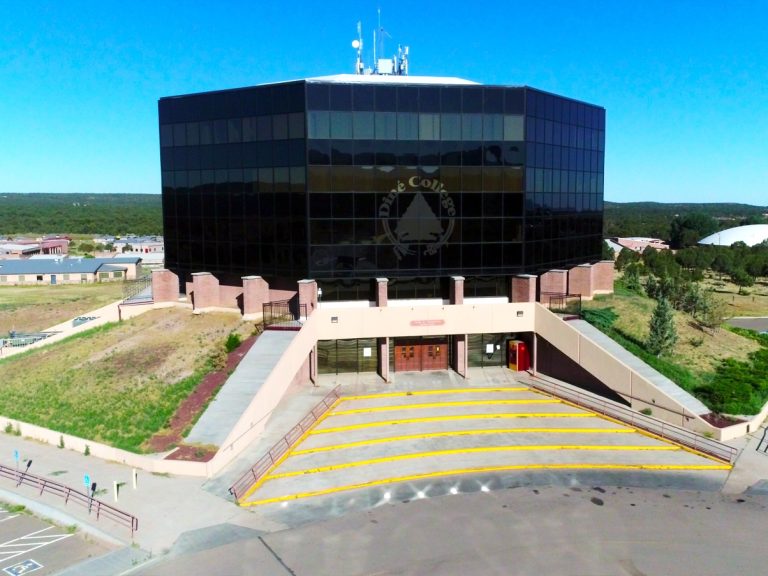By Victoria Wicks
The closely-watched arguments for and against the constitutionality of the Indian Child Welfare Act are now in the hands of all 16 judges sitting on the Fifth Circuit Court of Appeals. The judges heard oral arguments Wednesday, January 22, after the court granted plaintiffs’ request for an en banc hearing. That action vacated the court’s previous decision in August by a three-judge panel affirming ICWA’s constitutional standing. The Fifth Circuit is determining whether or not to uphold a 2018 decision by a Texas district court judge that ICWA is based on race and therefore unconstitutional.
Navajo Nation Assistant Attorney General Paul Spruhan argued in defense of ICWA. He says the law fulfills treaty obligations, a purely political objective. He says that holds up even when examining racial terms “Indian,” “Indian child,” and “Indian tribe” in the Act.
“They are directly connected to membership in a sovereign tribal nation with a government to government relationship with the United States,” Spruhan said.
On the other side of the issue are the non-Native families who want to adopt or foster Indigenous children but have come up against ICWA regulations. Their attorney, Matthew McGill, ays ICWA preferences put his clients at the bottom of the list. He notes that under the law, consideration for a Native child’s placement goes first to the child’s family, then to the child’s tribe, then to other tribal affiliations.
“That is, in my view, just a naked and transparent racial classification and racial objective,” McGill said. “Simply to say we’re going to put any Indian child with any Indian family is the very definition of a racial categorization.”
Among those filing briefs supporting ICWA were 486 federally recognized tribes and 26 states. Among them is Mississippi, one of the states in the 5th Circuit. Texas and Louisiana are the other two states in the 5th Circuit. They, along with Indiana, are among the plaintiffs suing to overturn ICWA.
The appeals court opinion, when it comes, will apply only within the Fifth Circuit. Attorneys on both sides say the case could go to the the U.S. Supreme Court.



